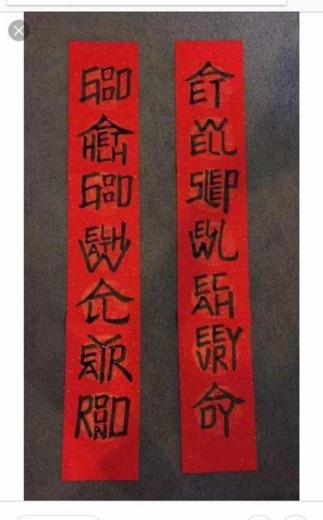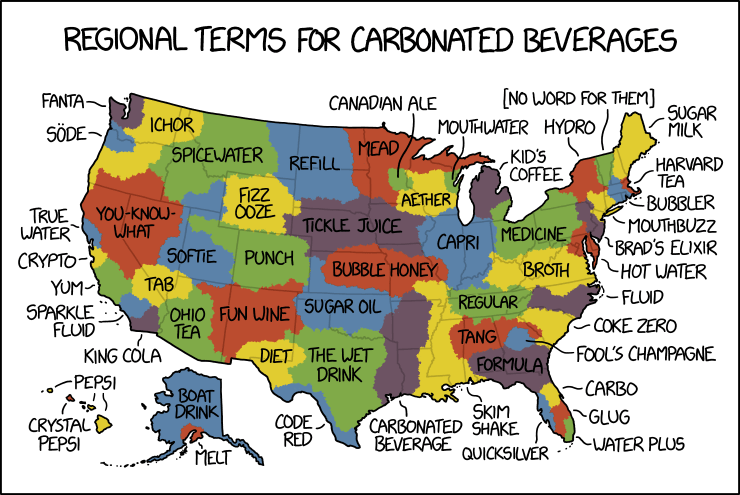The unpredictability of Chinese character formation and pronunciation, pt. 2
Emma Knightley asks:
My background is that I grew up in Taiwan learning Traditional Chinese and now most of what I use in my professional life is in Simplified Chinese. How exactly should the character of hē, "to drink," be written?
I grew up learning that the character inside the bottom-right enclosure is 人. Now I see that it is mostly written as 匕. I don't know when this changed, and I don't think it's a matter of Traditional vs Simplified, either, as I see both versions in Traditional writing as well. This Wiktionary entry illustrates the confusion nicely. No one I know has noticed this change, which leads me to think that I'm either losing my mind or experiencing the Mandela Effect.
Read the rest of this entry »




